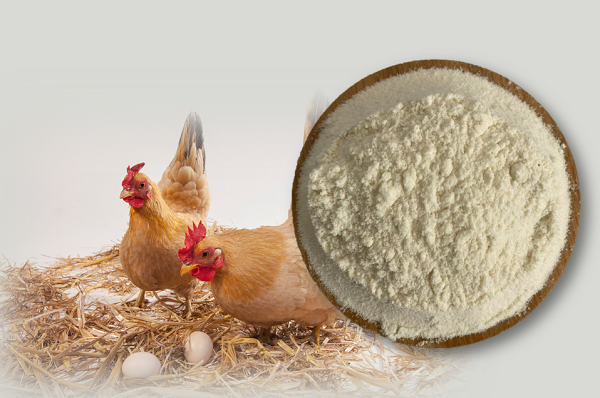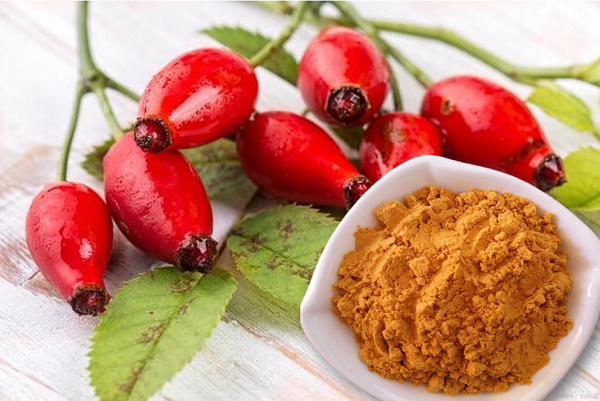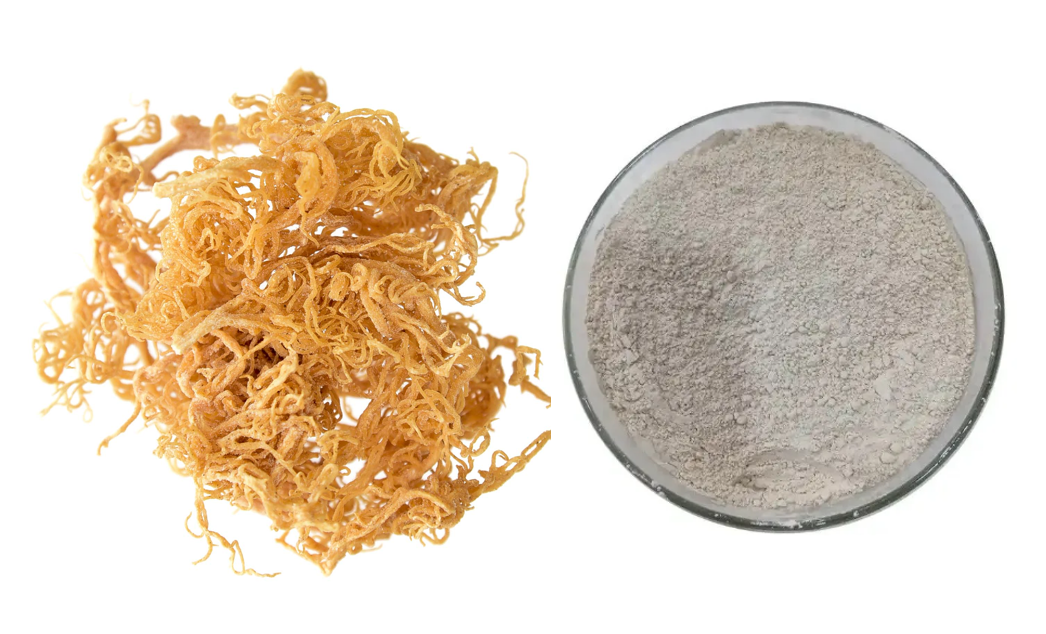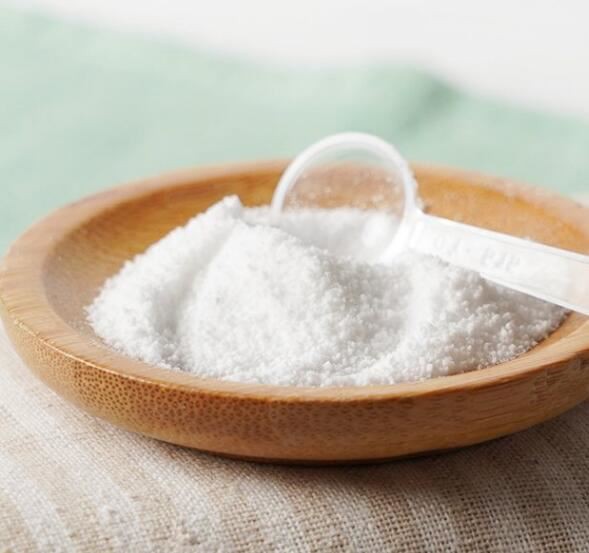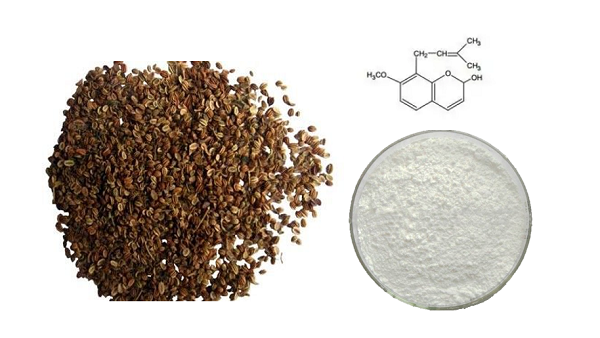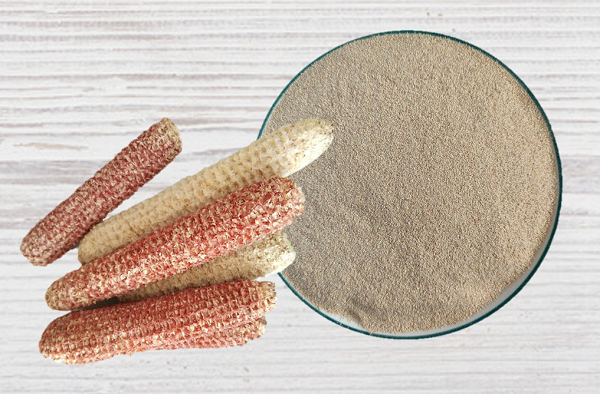Follow Us:
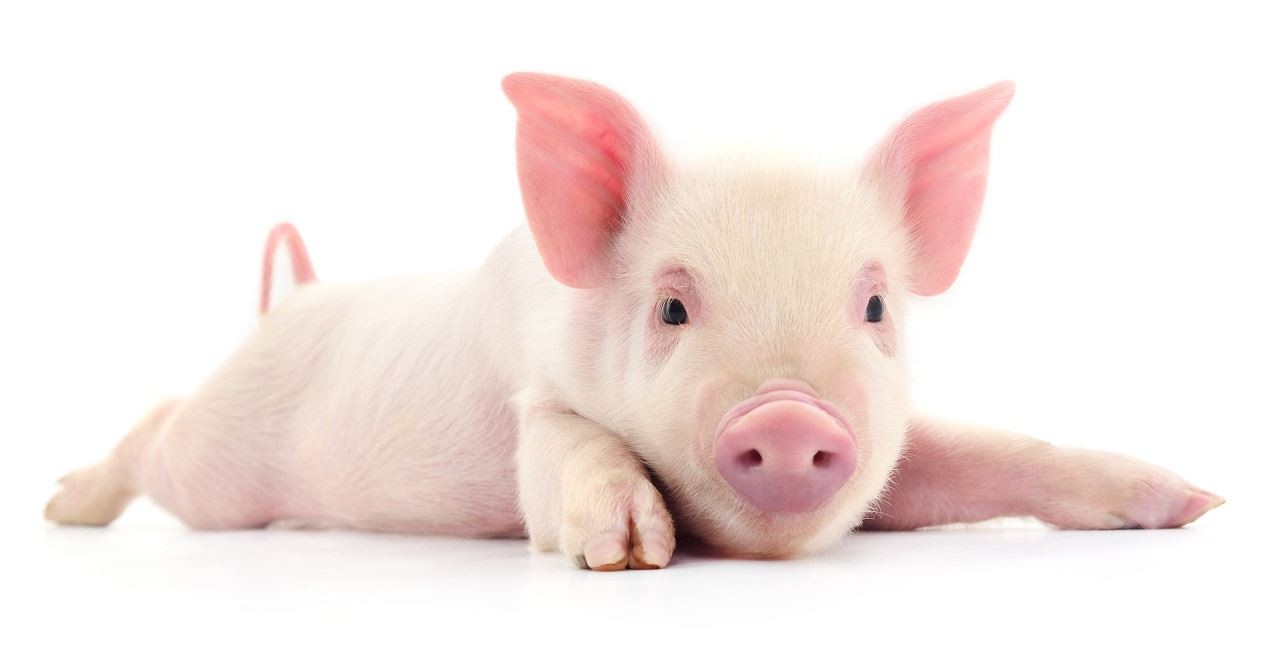
Animal Feed Additives
Feed additives
Feed additives represent various classes of molecules, compounds, or organisms that promote ingestion, absorption, assimilation of nutrients, growth, and health. They affect physiological processes, such as immune function, stress resistance, and reproduction. Feed additives include feeding attractants, immunostimulants, prebiotics, probiotics, acidifiers, essential oils, or other inclusions. These additives are usually not required nutrients.
Feed attractants enhance the ingestion of feeds. Natural feed attractants have been characterized in many sea urchin species, and their efficacy in feeds has been reviewed by Lawrence et al. (Chapter 9). Sea urchins can show feeding preferences due to the presence of attractants, resulting in increased feed intake. This would be particularly important in formulated diets, where some ingredients (nutrients) are water soluble or are expensive, and rapid ingestion is highly desirable. Immunostimulants have received minimal attention. Beta-glucans are presumed immunostimulants in most aquatic organisms (Soltanian et al., 2009). Laminarin increased embryo survival in S. intermedius, but the exposure was waterborne and not dietary (Kiseleva et al., 2008). Vitamins and minerals often promote an immune function, but these are not considered immunostimulants as they function primarily to assist normal immune reactions. Although an adaptive immune response is not seen in the Echinodermata (Silva, Chapter 13), stimulation of phagocytic activity by coelomocytes (innate immune response) may be improved by immunostimulants.
Prebiotics, such as acidifiers, essential oils, probiotics, and antibiotics are all feed additives that optimize the gut flora of fish and shrimp, enhance the immune response, increase stress resistance, promote animal and gut health, and increase digestion and nutrient availability (Anuta et al., 2011). Molecules and compounds stimulating a positive response of gut microflora and probiotics (gut microflora enhancing a biological response) have not been evaluated as feed additives in sea urchins.
Feed additives are substances, micro-organisms or preparations (other than feed materials and premixtures) which are intentionally added to feed or water to perform, in particular, one or more specific functions as outlined below.
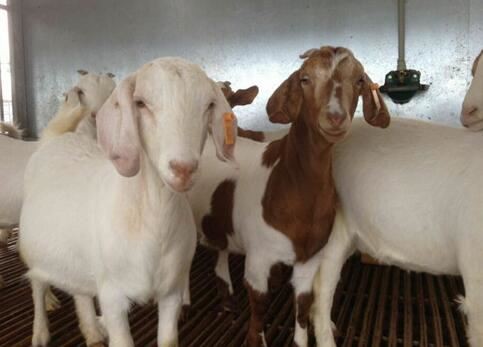
Feed additives are products authorised for specific purposes in animal feed, for example:
in meeting the animals’ nutritional requirements
to improve the quality of feed, the quality of food from animal origin (e.g. meat, fish, milk, eggs)
to improve the animals’ performance and health
Feed additives are regulated products which means that they can be:
placed on the market only if they have been authorised for use
used only for the purpose stated within the authorisation
Retained EU Regulation 1831/2003 (Opens in a new window)sets out:
rules on feed additive authorisations
conditions of use for additives
provisions on the labelling of feed additives and their premixtures which must be adhered to
For bulk feed additives, please contact us at email: info@greenagribio.com
References:https://www.sciencedirect.com/topics/agricultural-and-biological-sciences/feed-additives
https://www.food.gov.uk/business-guidance/animal-feed-additives













